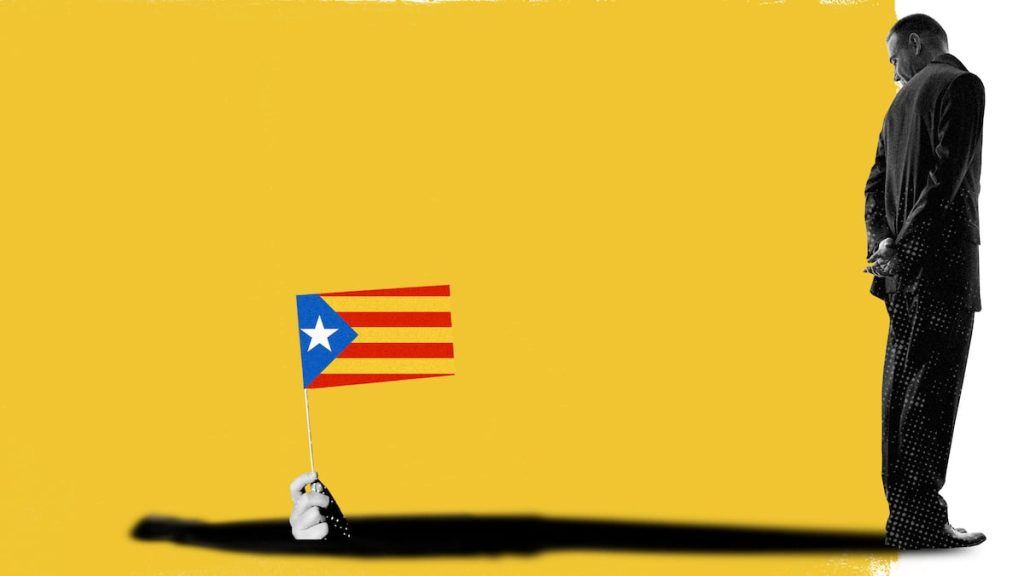The Catalan independence movement, known as El procés, officially died in January 2018, but its influence continued to shape political reality in Catalonia. However, recent elections show that the movement has lost momentum and support, with a significant number of independentist voters staying home in the 2021 elections. Nevertheless, the victory of Puigdemont and his party Junts does not signify a return of the procés in its previous form. Rather, it reflects a shift in strategy towards pressuring Madrid and defending Catalonia’s interests.
ERC, another pro-independence party, had attempted to move beyond the procés narrative and focus on governance issues. However, the resurgence of Puigdemont and the success of Junts in the recent elections indicate that the procés still holds sway among a significant portion of the Catalan electorate. Puigdemont’s campaign emphasized the need to stand up to Madrid and defend Catalan interests, appealing to a traditional nationalist sentiment that resonated with voters.
The outcome of the recent elections underscores the enduring influence of CiU, the party that governed Catalonia for many years and set the stage for the rise of the procés. Despite efforts to move beyond the independence movement, the success of Puigdemont and Junts shows that the nationalist sentiment cultivated by CiU still holds sway in Catalan politics. The results also highlight the complex dynamics at play in Catalan politics, with the emergence of new parties and shifting alliances reshaping the political landscape.
Salvador Illa and the PSC emerged as clear winners in the recent elections, signaling a shift away from the dominance of the procés narrative towards a focus on governance and practical issues. The burial of the procés marks the beginning of a new era in Catalan politics, but challenges remain as Catalonia navigates a changing political landscape and uncertain future. The legacy of the procés and the influence of past political forces still shape the political discourse in Catalonia, underscoring the enduring impact of historical narratives and long-standing political dynamics.
Overall, the recent elections in Catalonia reflect a complex mix of continuity and change in the political landscape. While the burial of the procés marks a significant shift in the region’s political trajectory, the enduring influence of past political forces and narratives continues to shape the political debate. As Catalonia moves forward, it will need to navigate these complexities and address the challenges of governance and representation in a changing political environment.


